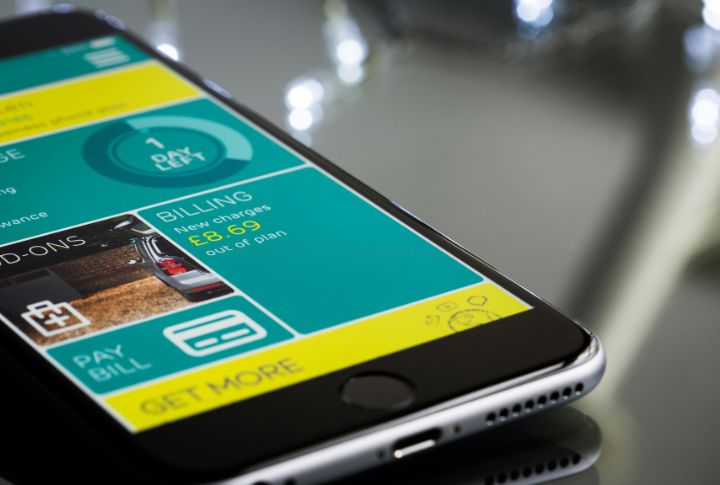
Young people are not just worried about money; they’re scared of it. Rent, bills, job insecurity, it’s all piling up, and the fear of not having enough is changing how an entire generation lives and thinks. Millions of young people are stuck in a loop of earning and never feeling secure. Take a closer look at the mindset behind this growing panic and see why it’s becoming one of the most urgent issues of the current time.
Economic Instability And Job Insecurity

They learned early that jobs aren’t guaranteed. Shocks like the COVID pandemic taught them that economic disruption is normal. Even with a full-time income, they live with deep anticipatory anxiety, always preparing for a sudden layoff. The lack of a stable career foundation means financial security feels temporary, never assured.
Crushing Student Debt And Education Costs

What a degree offers has shifted. It’s less of a stepping stone and more of a huge, immediate debt burden. Graduates start their adult lives financially behind zero. These high monthly loan payments delay everything—from saving to family planning—turning their career potential into a marathon struggle just to reach a basic financial footing.
Social Media’s Wealth Comparison Culture

Scrolling through social media constantly shows off filtered, luxury lifestyles. This digital performance of wealth makes a normal, stable financial life feel inadequate by comparison. Every picture is a new metric of success that they don’t meet. That relentless visual pressure erodes their self-worth and pushes them into quiet panic over money.
Gig Economy Exploitation And Income Volatility

Side hustles promise flexibility but deliver financial chaos instead. Income swings wildly from month to month, making budgeting nearly impossible. Multiple part-time gigs replace one stable job, yet none offer benefits or security. The unpredictability breeds constant stress as they juggle fluctuating paychecks.
Cost-Of-Living Crisis And Inflation Fatigue

Fighting constant price increases is mentally exhausting. Rent takes a huge chunk of pay, and every grocery run is a shock. Inflation fatigue turns simple spending into an agonizing puzzle. They aren’t sacrificing luxuries, but small, everyday comforts, simply to keep up with essentials. It’s a high-stress financial treadmill with no off button.
Healthcare Costs Create Constant Dread

Medical bills terrify them more than almost any other expense. One emergency room visit can obliterate months of careful saving instantly. High-deductible insurance plans mean they’re technically covered but functionally unprotected. Many avoid necessary care entirely and gamble with their health because the financial consequences of treatment feel worse than staying sick.
Cultural Obsession With Success And Hustle

Modern culture has aggressively equated money with personal value. The “hustle culture” insists people must always be producing income, making rest feel like a moral and financial failure. Such overwhelming pressure means young adults cannot step back and feel secure. Their sense of self-worth is constantly threatened, regardless of their actual bank balance.
Decline In Trust Toward Economic Institutions

They learned a tough lesson watching bailouts during the financial crisis: the system protects the powerful, not the worker. History has built a deep, justified cynicism. They simply don’t trust banks or financial systems to work in their favor. This institutional betrayal makes all long-term financial planning feel inherently risky and usually futile.
Parental Pressure And Generational Comparison

Parents often add pressure, sometimes unknowingly, by pushing goals based on an outdated economic reality. Youngsters struggle to match the early milestones—like that first house—their parents achieved easily. The comparison is debilitating. They feel like personal failures, believing they are playing a high-stakes game with impossible, rigged rules.
Digital Finance Overexposure

The convenience of instant banking apps has a psychological cost. Constant real-time alerts and balance checks encourage obsessive “doom-scrolling” behavior. They are always looking at their money problems. The hyper-awareness prevents any psychological break from financial worry, and keeps the anxiety of their cash flow perpetually acute and immediate.

